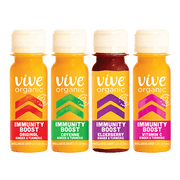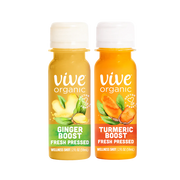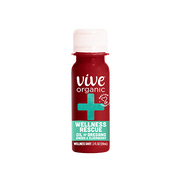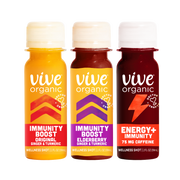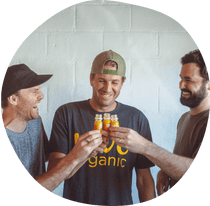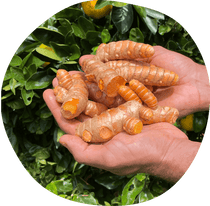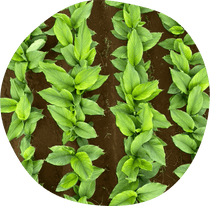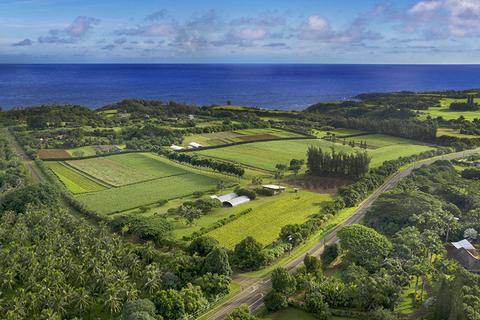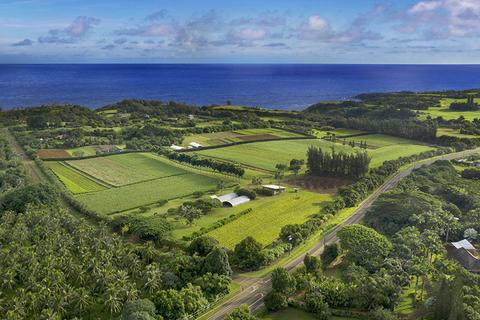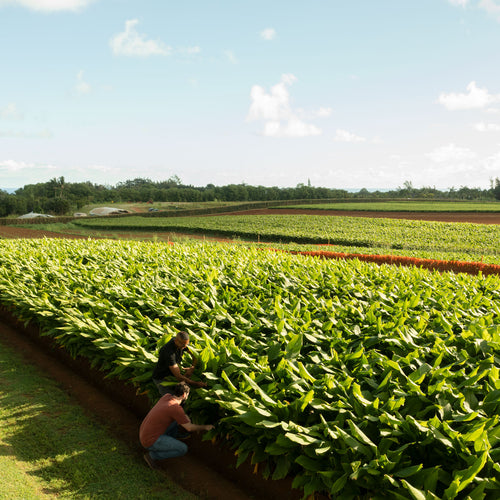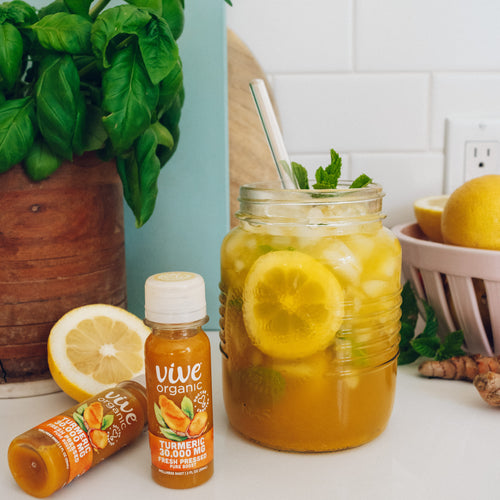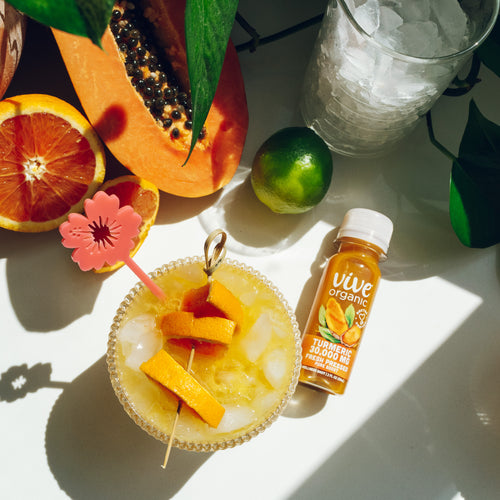As a Vive Co-Founder and COO, one major part of my job is working to find and build our network of farmers. When we started Vive, we knew a few things about what we wanted from our farms; the freshest forms of our ingredients at the highest quality and a commitment to sustainability. We searched everywhere (literally across the globe) to build relationships with organic farmers who help us meet those goals. Some of the farms we found are family-run, others are at the forefront of sustainability practices, each is special to the Vive family. In the Our Farmers blog series we will highlight a few of the farms we work with to give you a behind-the-scenes look at how we get the freshest ingredients for the freshest Vive shots.

For the very first blog of the series I interviewed one of our very first farms, who we have been working with for almost five years now! As many of you know our very first shot created was the Immunity Boost Original, which is powered by ginger and turmeric. In our search, we found a farm that produces both and have been working with them from day one. I sat down with a few of the farmers to talk about life on the farm and some of their progressive farming practices that make them so great!
Tell us a bit about what makes your farm special.
We’re a family-owned, organic farm that has been operating for decades to produce the freshest ginger and turmeric. We love our location because it’s known for being one of the wettest places on earth. This past spring we experienced roughly 17 inches of rain in a 36 hour time span! Our heavy rainfall and temperate climate is what allows us to be very aggressive with our cover cropping practices.
Can you explain what “cover cropping” is and why it’s important to a sustainable farm?
Cover cropping is the practice of managing soil in a way that increases carbon sequestration. Doing this ultimately reduces carbon in the atmosphere, making it an environmentally friendly practice. This past year we were able to plant as many as four cycles of cover crops in a single season! Typically farmers get one.
Organic farming takes a lot of sacrifices. Why is it important to you personally and what inspires you to keep it going?
To us, organic farming is essential in an industry that hasn’t fully been able to realize the effects of restricted chemicals on the environment and consumers. Many of the agrochemicals used after WWII were very effective at targeting pests (which do devastate crops), but had harsh tolls on wildlife and the environment.
Organic inputs require non-petroleum based inputs as well as many other stringent guidelines. We increasingly find ways to bolster plant health which helps us fight the continuous onslaught of pest pressures. It has been our experience and opinion that the false rumors of not being able to achieve yields equivalent to that of conventional agriculture while following organic cultural practices is baseless; on the contrary, we’ve seen better yields. To be fair, organic farming is more difficult, but we’ve not shirked from the challenge.
What is biodynamic or regenerative farming and why is that important?
Biodynamic and regenerative agriculture are methods that date back to the ancient times when agrochemicals had yet to be invented. Each system tried to mimic nature in a commercial agricultural setting, the theories being that plant health and nutrients are at optimum levels if these respective programs are followed. We’ve partnered on a three year regenerative trial to realize these results. Our newest practices include multi species cover crops and bio-reactors (essentially a compost bin with a very illustrious name) to help build healthy soil microbes, bacteria, and fungi.

-------------------------------------------------------
Thank you to our farmers for taking time to share some of their practices and stories. Next time I’ll be venturing to South America to talk about what it’s like farming in the Amazon and being part of groundbreaking sustainability practices!
Kyle Withycombe
